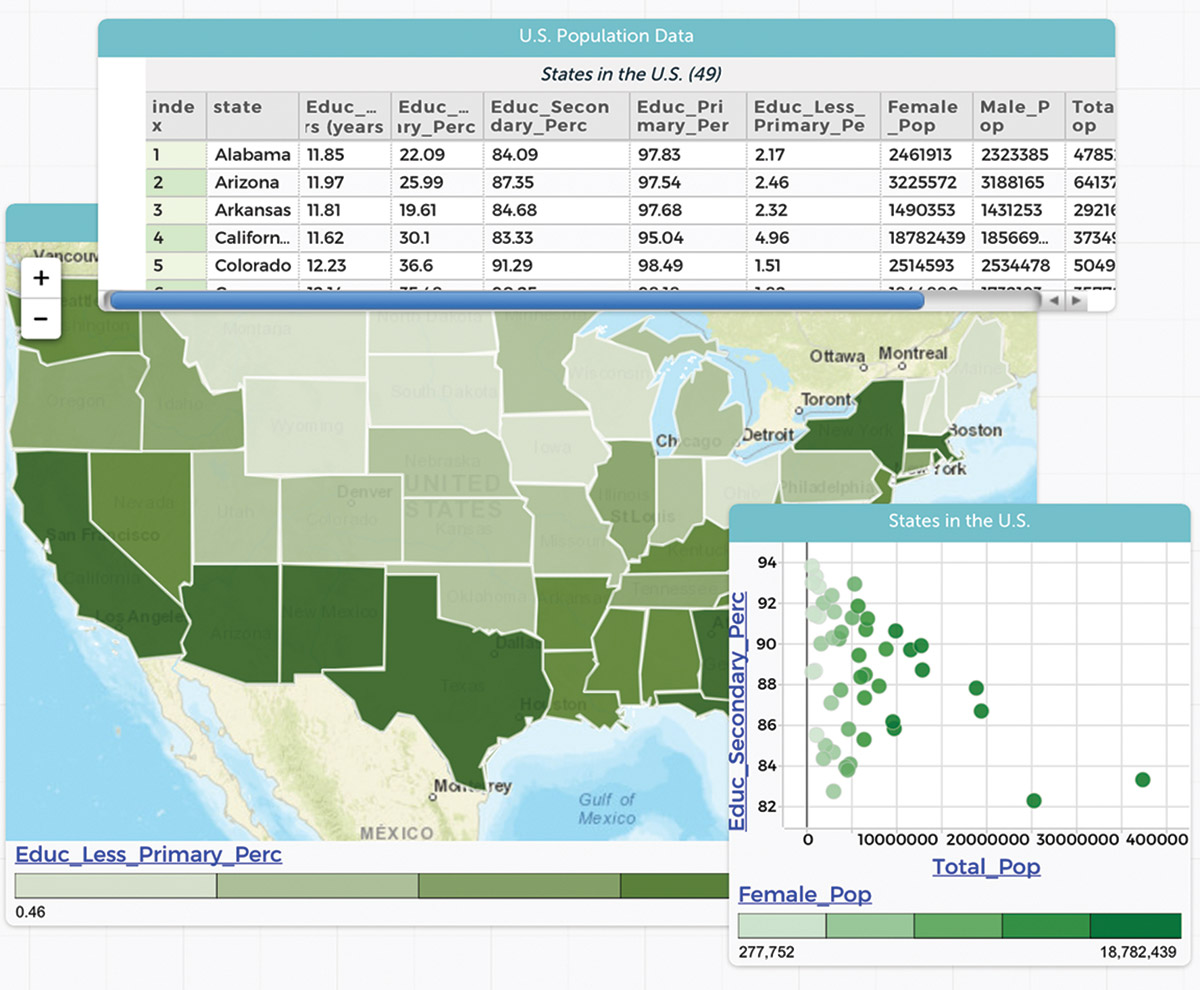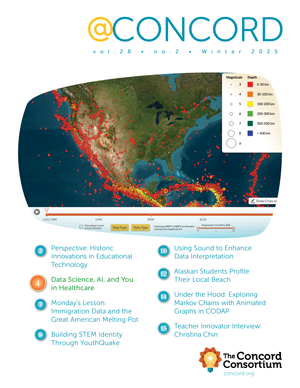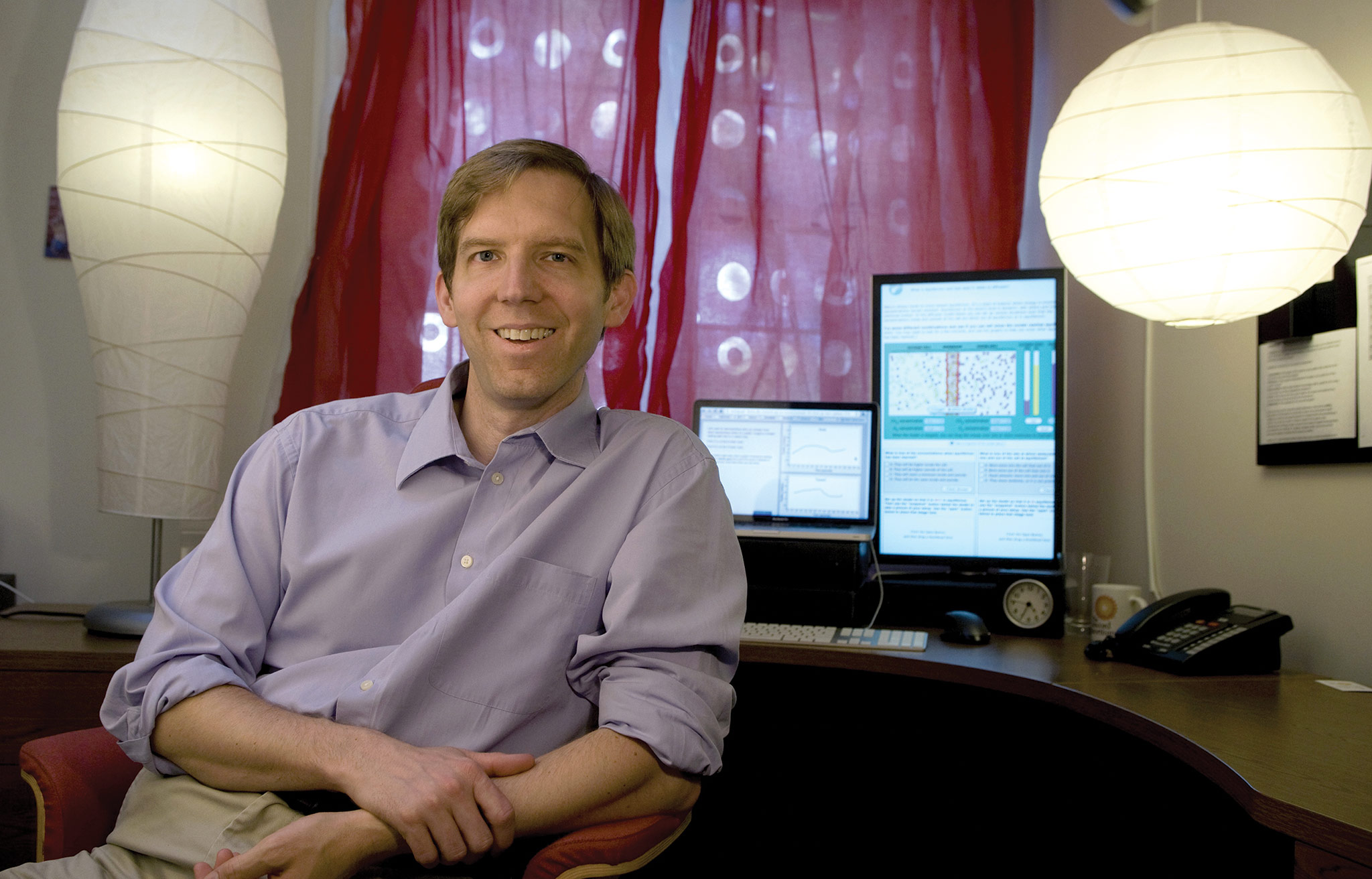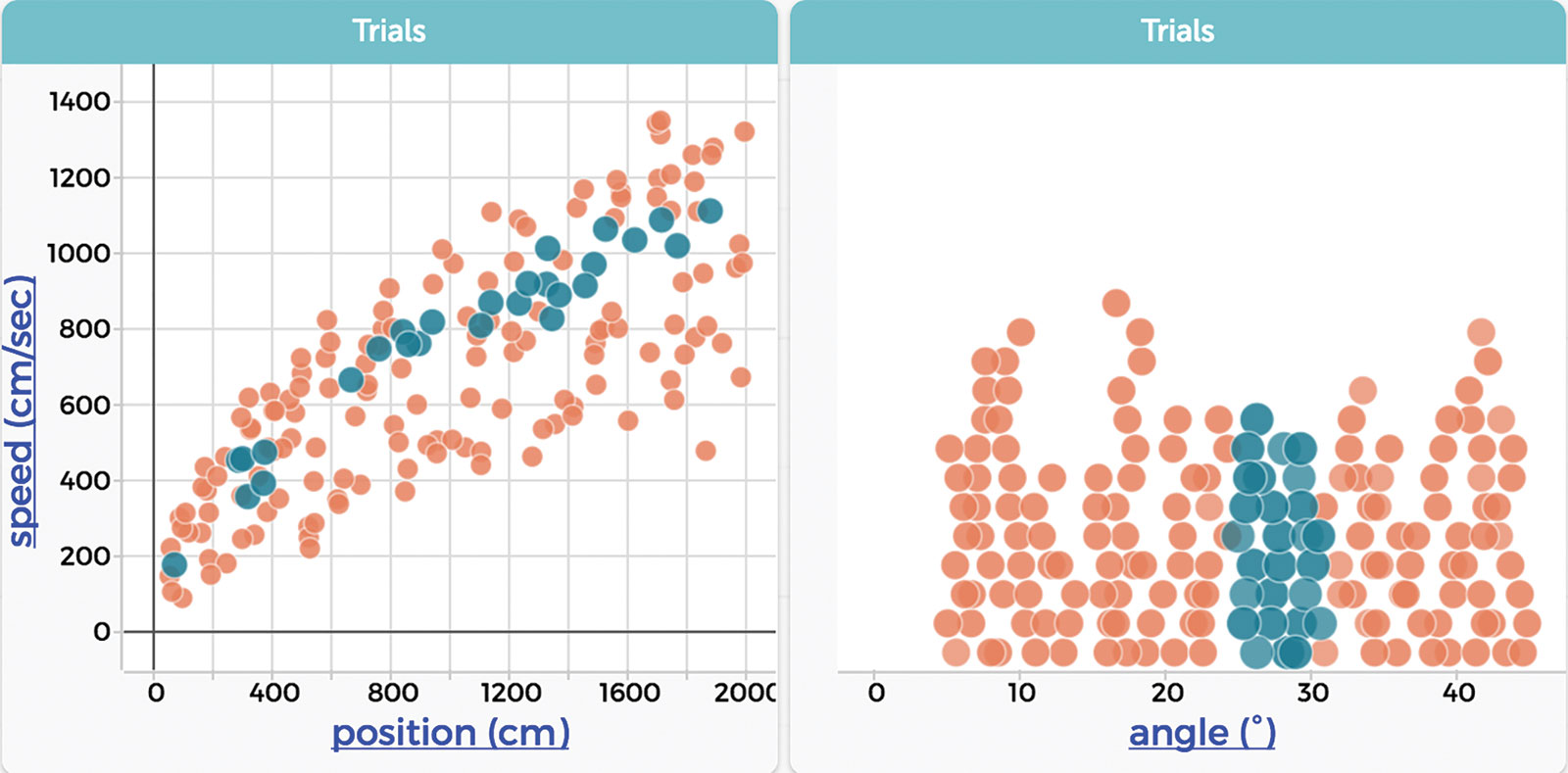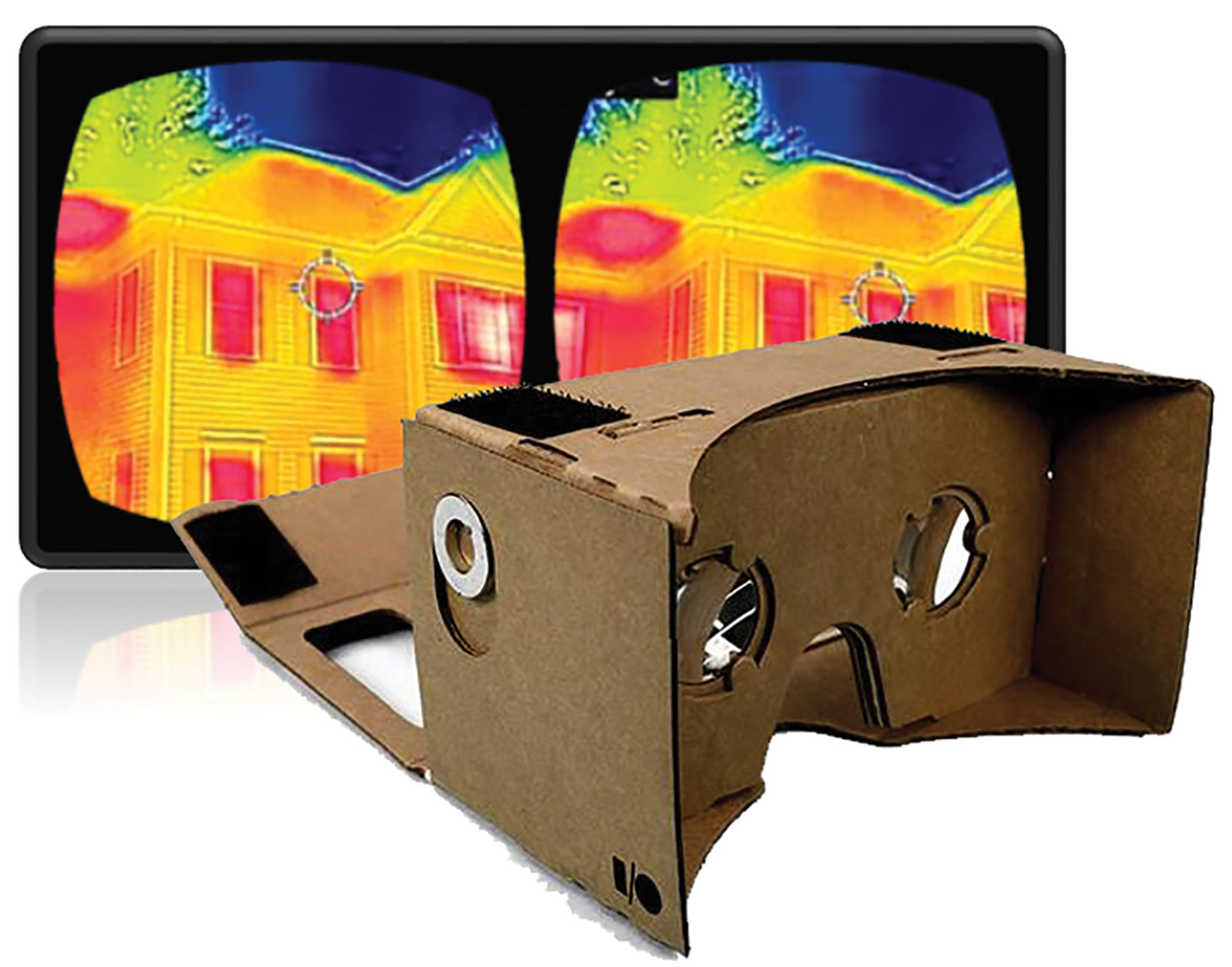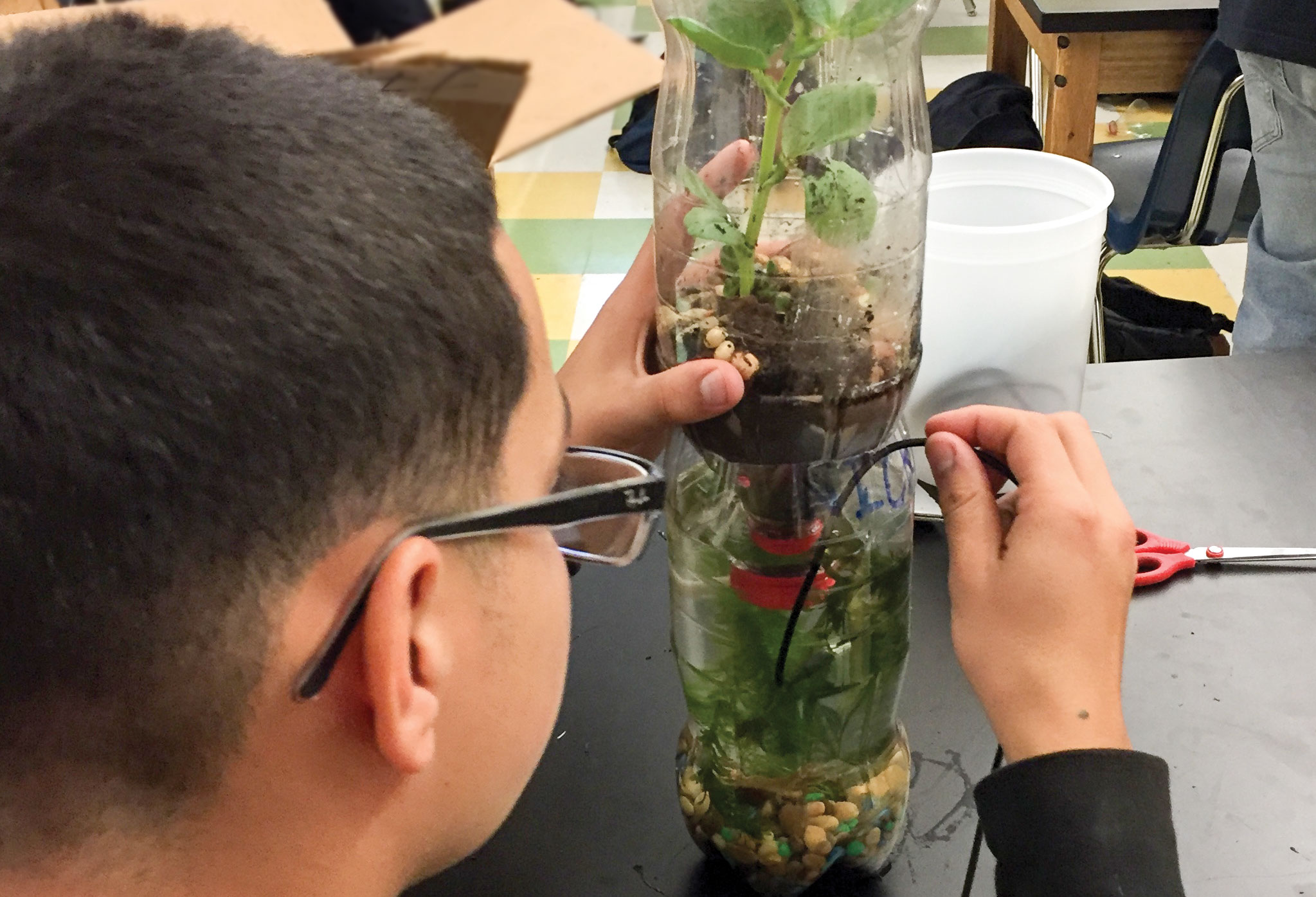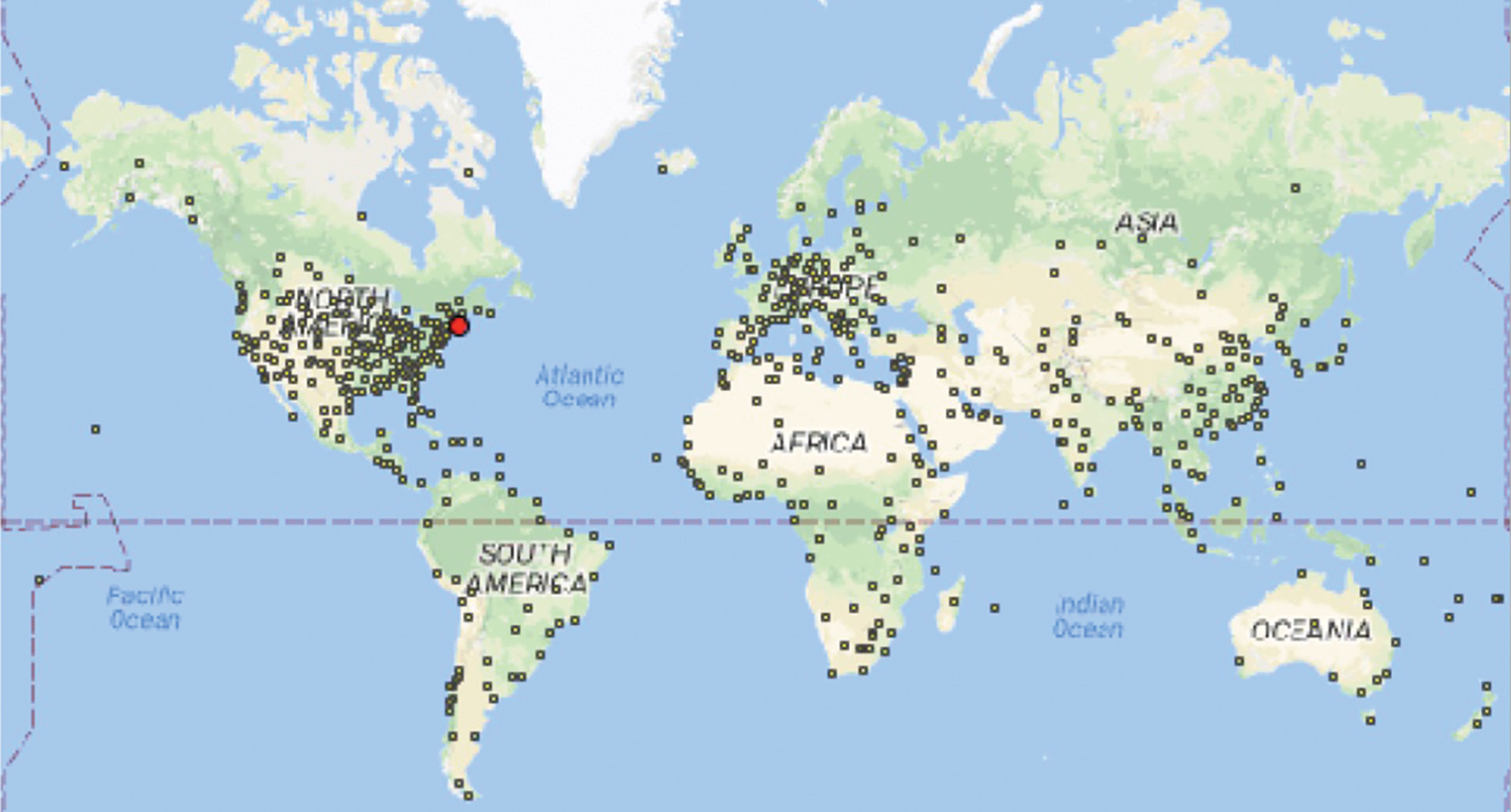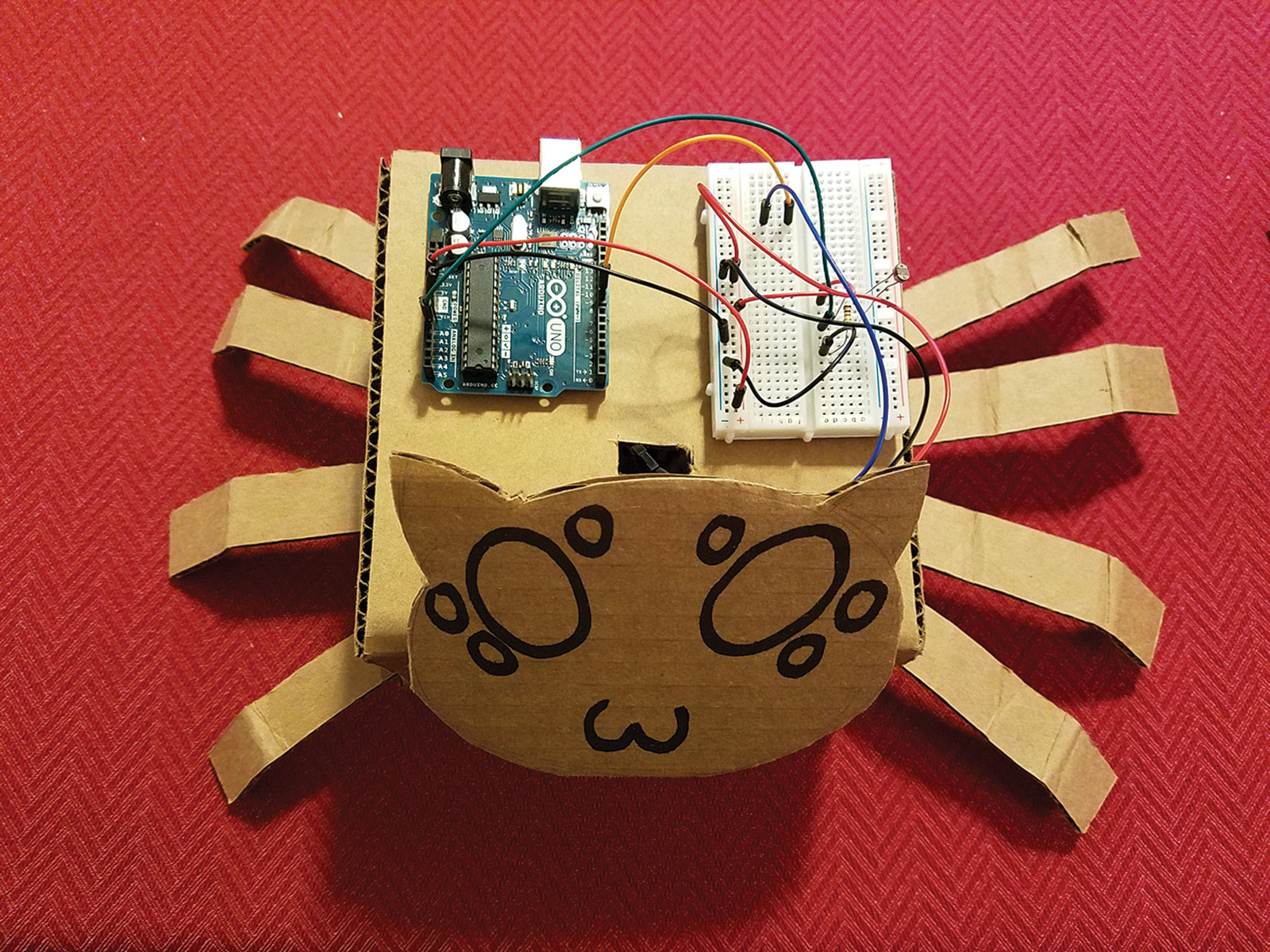The Data Science Education Revolution, Experimenting with Extended Reality, Science Thinking for Tomorrow Today, and more in Fall @Concord
Perspective: Honoring the Legacy of Bob Tinker
There are many ways of viewing our path in the world. Some people focus on the road ahead, considering each step one at a time. Some look slightly farther, to the upcoming bend, hoping a flicker of light will appear to illuminate their way. But a rare few have the ability to glimpse the distant horizon. It is these remarkable individuals who make the real strides, enlightened by a perception of the future that eludes the rest of us.
The Data Science Education Revolution
Life is particularly interesting these days, if you have an eye for data. While predictions about entering the “data deluge” began only a decade ago, the current situation makes those warnings seem almost quaint. Today, data does much more than help us interpret complicated scientific or engineering problems and define basic choices we make every day, it dictates decisions made for us by the myriad machines, software, and algorithms that pulse just behind the curtain of modern life.
Experimenting with Extended Reality in our Innovation Lab
At the Concord Consortium, we’re always experimenting with new ideas, using new technologies to support classroom inquiry in STEM, and researching the effects on learning. We’re a group of thinkers and tinkerers. As we invent new tools for tomorrow’s learners, our Innovation Lab draws from the future.
Monday’s Lesson: The STEM Resource Finder
Our updated STEM Resource Finder includes hundreds of resources to engage your students with scientifically accurate virtual labs and hands-on digital tools. Make the invisible visible and explorable in a way that brings out the inner scientist in everyone. While registration is not required, your free registration includes access to several key features, like creating classes for your students, assigning activities, saving work, tracking student progress, and more.
Science Thinking for Tomorrow Today
Tucked away all over the world are seed banks, places that store seeds to preserve and protect them: Colorado, Norway, Syria, even Framingham, Massachusetts, where a standard chest freezer stores a million rare seeds. These so-called “seed arks” are saving their contents for use in an uncertain future in which everything from war to climate change may determine whether a seed can germinate. How can we best prepare today’s students to engage the complex, precarious scientific and engineering problems of tomorrow, when even germinating a seed may test the limits of knowledge?
The Challenge to Solarize the World
More and more nations and regions in the world are planning to switch their power supplies to 100% renewable resources by midcentury. However, there has been a debate among scientists about the feasibility of powering the entire United States with only wind, water, and solar energy. Both proponents and opponents are leading energy researchers who support their theories with sophisticated computational models. Given the magnitude and complexity of the problem, there will likely be no clear winner in the near future. But the debate will continue to influence our energy and environmental policies in the years to come.
Under the Hood: Sensors in the Browser with Web Bluetooth
Web Bluetooth makes connecting sensors to a browser easier than ever before. All you need is a Bluetooth Low Energy sensor and the Chrome browser. No plugins or additional software are needed.
Innovator Interview: Chris Hart
Sitting at home in Birmingham, England, in 2009, Chris Hart made plans to move her family and her life to Boston. She had never even been to New England before, but as an avid video game enthusiast, she was accustomed to visiting unseen worlds. Second Life is where she met up with a husband-and-wife team of developers interested in the potential of virtual worlds for education.
News at Concord Consortium
The latest news from the Concord Consortium in fall 2017: new grants include Paper Mechatronics, Crowdsolving the Energy Challenge, Computing with R for Mathematical Modeling, more.
